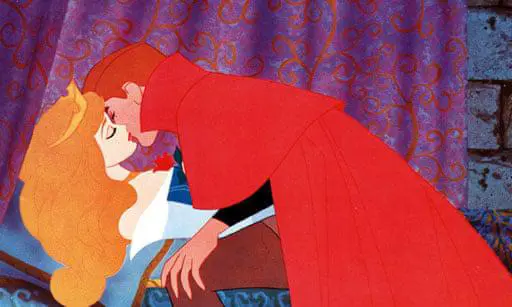A leading American academic journal has refused to publish an article by a respected professor on the grounds that his use of the fairytale Sleeping Beauty as a metaphor for ignored scientific work is culturally insensitive and in danger of being “sexualised”.
Ton van Raan, a professor emeritus of quantitative science studies at Leiden University in the Netherlands, first likened the belated discovery of an academic work to the story of the Brothers Grimm fairytale some 15 years ago.
His colourful explanation was picked up by other leading scientists in the intervening years, making it a mainstay of academic discussion of the how crucial academic papers are often only seized upon decades after publication.
“It refers to a scientific article that has been published in a journal but nobody or almost nobody is interested in it so they are not cited for quite a long time, five years, 10 years or 15 years, then suddenly someone is interested in the paper for whatever reason and that is the prince awakening the sleeping beauty,” said Van Raan.
Van Raan said he was amazed when his latest work on medical articles was rejected in an email within hours of submission by the Journal of the Association for Information Science and Technology on the grounds that the term “sleeping beauties” was “unacceptable”.
The journal’s managing editor referred Van Raan to a lengthy explanation by editors in which it was claimed that the metaphor did not aid explanation and “the use of any such terms, despite connections to historical roots in the literature, should be avoided”.
The journal further argued that the story of Sleeping Beauty, in which a princess is put to sleep for 100 years until woken by a prince’s kiss, would not be immediately recognisable to academics worldwide. The story was made into a Disney animation in 1959.
“The use of metaphors is complicated by socio-cultural factors and may not adequately translate across borders,” the journal explained.
It added that other academics had extended Van Raan’s metaphor to “introduce the notion of the chastity of the sleeping beauties, in terms of the number of articles that awaken the dormant article”.
The journal noted that one 2018 paper had added a “new label– smart girls” – to denote articles that receive immediate citations with a rapid decline, which built “upon the previous sexualisation of citation trajectories”.
Van Raan said he could understand the discomfort with some uses of the metaphor but that the broad-brush ban was an unfortunate act of “political correctness”.
“I was always sober with the metaphor,” Van Raan said. “There was the sleeping beauty, the prince. And that is it. No fantasies.”
He said he had noted that a Belgian colleague had since used the phrase “hibernator” rather than sleeping princess and “awakener” for the role of the prince.
“I wrote to these authors to tell them, ‘You have capitulated’. Hibernator? It is like something out of Stanley Kubrick’s Space Odyssey,” Van Raan said. “What is amazing is that they said it was culturally discriminatory because not everyone on this planet knows about this fairytale.”
Van Raan said that in recent discussions with the journal editor he told her the response was a “form of political correctness and I do not accept it.
“I was using a metaphor of a fairytale that is known by everybody. In 15 years I have given lectures all over the world. An Egyptian audience, an audience in Oman. No problem at all.”
The journal’s managing editor Julia Khanova declined to respond to Van Raan’s criticism.
(THE GUARDIAN)
 简体中文
简体中文

